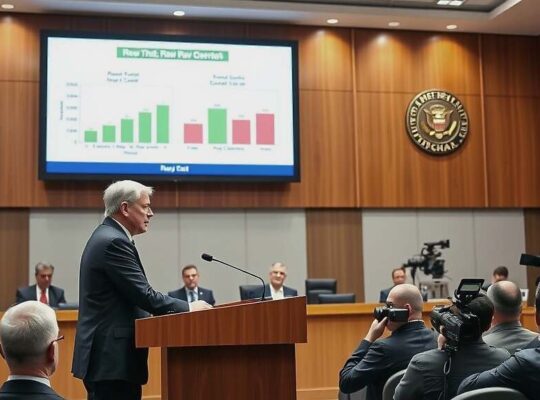The German Health Minister, Nina Warken of the CDU, has signaled a willingness to explore the introduction of a patient fee as part of broader efforts to curtail costs within the nation’s healthcare system. In an interview with the “Rheinische Post” Warken emphasized the importance of patient steering as a crucial element in controlling expenditure, sparking debate about potential shifts in access to specialized care.
The current coalition government’s plans for a “primary care system” – designed to restrict direct access to specialists – have proven insufficient on their own. Warken suggested a potential solution could involve a fee imposed on patients circumventing the primary care system by directly consulting specialists, arguing that the concept warrants open discussion within the ruling coalition.
The proposed fee, however, highlights a growing tension between cost-cutting measures and ensuring equitable access to healthcare. Critics argue that such a system disproportionately impacts vulnerable populations and potentially discourages necessary medical attention.
Further complicating the situation is the burgeoning financial strain on health insurance providers resulting from the ongoing support for citizens receiving “Bürgergeld” (social welfare benefits). Warken acknowledged the considerable burden on insurers and the resulting funding gap due to inadequately reimbursed non-insurance-related expenses. She stated that exploring options for relieving this financial pressure on insurers by adjusting costs associated with Bürgergeld recipients remains a necessary consideration, despite previously facing resistance within the coalition due to funding constraints.
The Minister emphasized that any proposed solutions must be fiscally sustainable and prioritize maintaining a high standard of patient care. “The budget situation is very tight” she stated, cautioning against solely focusing on austerity measures. Balancing the imperative to streamline healthcare finances with the necessity of guaranteeing adequate care remains a paramount concern and navigating this delicate balance will be a defining challenge for the current government. The proposals signal a widening rift within the coalition regarding the prioritization of financial stability versus universal healthcare access and the long-term implications for Germany’s healthcare model are yet to be determined.












